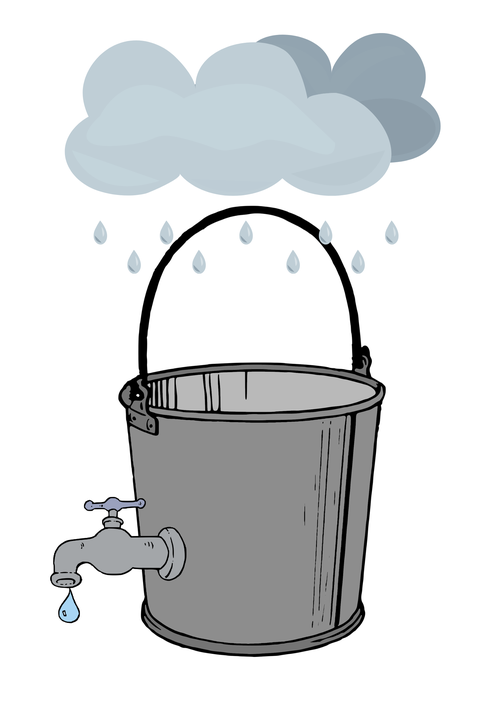
Talking to children about difficult things
Do you feel daunted when faced with the task of talking to children about difficult and painful issues? Looking for new ways to improve your communication skills with young people?
Talking to children about difficult things is an online short course which introduces the emotional and psychological processes at work below the surface, to support effective communication in challenging circumstances. It brings together helpful thinking from psychoanalytic, systemic and social work theories in order to support wider, and deeper understanding of the complex dynamics that are at play.
Suitable for all practitioners who work with children and young people in difficult contexts, or those who wish to increase their understanding and skillset with this age group, this online course identifies appropriate and helpful ways to communicate with children and young people – particularly those who have had difficult, possibly traumatic, experiences in their upbringing.
To learn more about this course, hear from our course lead Adi Steiner.
For Adi, there are a number of key elements to understanding communication with children and young people. As well as considering where they are on “the spectrum of their own development”, and thinking about “their unique character and experiences”, there are also, from a psychoanalytic perspective, the more general structures and defence mechanisms of the human mind which need to be taken into account.
Balancing theory with “practical, easily implemented tools”, the course provides a much needed “thinking space”, in which to reflect on professional experiences. The course is delivered online self-study format, allowing you to work through it at a time and pace that you choose. As you work through the units, you will be invited to watch videos, complete activities and take time for reflection.

Adi gives an example from the course – a quick tool which can be used to frame communication with children and young people, often referred to as the “stress bucket”. In essence, this tool is about applying a narrative to children’s mental and emotional states: “We look at a picture of a bucket, with some clouds on the top, and some taps, and the idea is to help yourself, and the child you’re working with, understand: What are the stresses in their lives?” Negative experiences (rain clouds) can raise stress levels (level of water in the bucket), and stress levels can be reduced through certain things under our control (the tap) – preventing anxiety from escalating and becoming unmanageable. Adi explains that tools of this kind are readily available online, and cites a worksheet from Mental Health UK, which can be downloaded for free.
What sets this course apart, however, is where discussion goes after that: “We are also interested in what creates the bucket; what makes my bucket much bigger, and able to contain a lot more stresses than yours; and, most importantly, what do you do with that child that has had such difficult experiences that they’re not even willing to draw the bucket with you, let alone talk about the stresses or the coping mechanisms that can be useful for them?”
Feeling inspired to join Adi on this course?
Talking to children about difficult things is an introductory, online self-study course that supports professionals in talking with children and young people about challenging and painful issues. Through reflective and experiential learning, you will gain useful tips that you can apply to your current role.
